Hailed the Queen of Soul, with a voice known around the world, Aretha Franklin was a legendary American icon, singer, songwriter, pianist, civil rights activist, and actress that reigned supreme. Beginning her career as a child singing Gospel in her father’s church, Franklin is a figure in music history that will never be forgotten and that is why the entire world mourns after her passing on August 16, 2018 at the age of 76.
A life and career with so much to recount, the multi-generational accomplishments of Aretha are far too astounding to be counted. The high honors of Queen Aretha range from being the first female artist to be inducted into the Rock and Roll Hall of Fame, to one of the most honored artists in Grammy history with a total of 18 awards, being ranked first among all female vocalists with the most Billboard chart hits (a total of 88) from 1955 – 2012, to becoming one of the best-selling voices and artists of all time with over 75 million records sold worldwide.
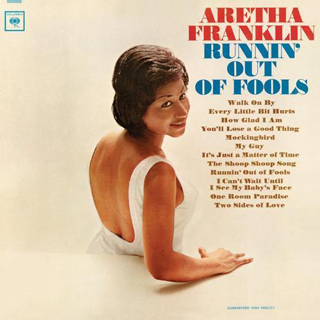
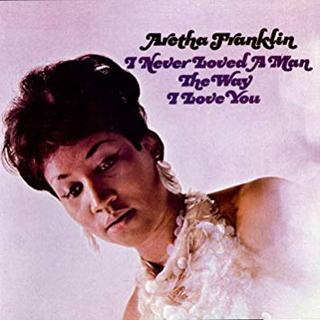
She has performed at three Presidential Inaugurations, for Jimmy Carter, Bill Clinton, and for 44th President Barack Obama. She has also received a Grammy Lifetime Achievement Award, Kennedy Center Honors, been inducted into the Gospel Music Hall of Fame, had an Asteroid named after her, and awarded a Presidential Medal of Freedom at the White House. If these achievements were not enough, to the average listener, she is known for such wondrous hits as “Respect,” “Freeway of Love,” “Chain of Fools,” “Think,” “(You Make Me Feel Like) A Natural Woman,” “I Never Loved a Man (The Way I Love You),” “I Say a Little Prayer,” and “Sweet Sweet Baby (Since You’ve Been Gone)” just to name a few.
Attaining incomparable chart dominance earned her the aforementioned music royalty title, “Queen of Soul.” That all in mind, beyond music, Aretha also became a symbol of empowerment during the Civil Rights and Women’s Movement and was enlisted to perform at the funeral of Dr. Martin Luther King Jr., and was selected to sing the national anthem at the Democratic National Convention. Immersed in these causes since she was a child, Aretha offered money for civil rights groups, and performed at benefits and protests. She even supported the rights of Native Americans.
Yet still, who was the women often just known as simply Aretha to her beloved fans? Born Aretha Louise Franklin on March 25, 1942, in Memphis, Tennessee to a Baptist preacher, Reverend Clarence La Vaughan “C. L.” Franklin and a Gospel singer, Barbara Siggers Franklin, her parents were separated when she was only six years old, and when she was ten, she lost her mother to a heart attack. After residing in Buffalo, New York, the family relocated to Detroit, Michigan, where Franklin’s father became nationally known as a preacher with a “million dollar voice” at New Bethel Baptist Church.
A self-taught gifted pianist with a powerful voice, Aretha’s musical talents surfaced very early while singing at her father’s congregation. By age 14, she recorded a Gospel album, 1956’s Songs of Faith, and began performing with her father’s revival show where she met other Gospel greats, such as Mahalia Jackson and Sam Cooke. That year, she also became a young mother for the first time, giving birth to her son Clarence. Two years later, she gave birth to her second child, Edward, with both sons taking her family’s last name. Later in life, Franklin would have two more sons; Ted White, Jr. and Kecalf Cunningham.
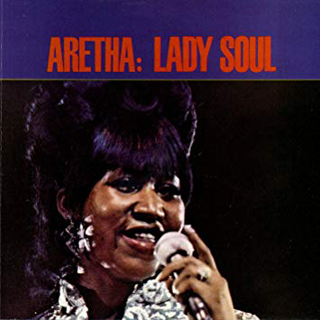
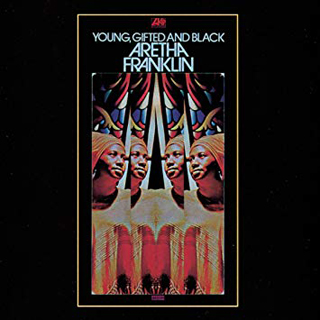
Success arrived suddenly for the talented 18 year old Aretha prior to visiting New York and after being courted by several labels, including Motown, before she eventually signed with Columbia Records. After nine recordings with Columbia, Aretha and her new husband, Ted White, decided to move her immense talents over to Atlantic Records. Working with Producer Jerry Wexler and Muscle Shoals Rhythm section, which included session Guitarists Duane Allman and Eric Clapton, Aretha recorded the album, I Never Loved a Man in 1967. It was the Aretha classic “Respect,” an empowered cover of an Otis Redding track, that emerged her beautiful soulful voice submersed in Gospel roots within a Pop framework that hit No. 1 on both the Pop and R&B charts and earned Aretha her first two Grammy awards.
Into the ’70s she continued to release a steady string of hit singles with “Spanish Harlem,” “Don’t Play That Song,” and a cover of Simon & Garfunkel’s “Bridge Over Troubled Waters.” She then returned to her roots for the 1972 Gospel album, Amazing Grace, which became a top-seller with over two million copies sold. Her success continued throughout the next decade working with elite Producers Quincy Jones as well as Curtis Mayfield, expanding her genres to include Rock, Pop, and R&B as on the Grammy winning 1974 single “Ain’t Nothing Like The Real Thing.”
Moving along yet again into a new decade, she retained her crown with an appearance in the 1980 film The Blues Brothers, starring John Belushi and Dan Aykroyd, where Franklin performed “Think” to a whole new generation. Signing to Arista Records, by 1985, she was back on the top of the charts with “Freeway of Love” and a collaboration with The Eurythmics, entitled “Sisters Are Doin’ It For Themselves,” before recording a duet with George Michael in 1987 for the No. 1 Pop hit “I Knew You Were Waiting (For Me).” A career that continued to garner attention, by 2008, she received her 18th Grammy award for “Never Gonna Break My Faith,” a collaboration with Mary J. Blige.
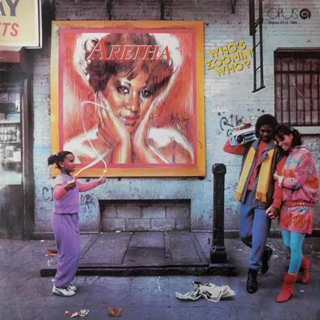

Allocations that continue to be recounted, Aretha’s new millennium health issues surfaced in the media all the way back to 2010 when she cancelled a number of concerts, opting to have surgery for an undisclosed tumor. At the same time, it was said by many news sources that Aretha was battling cancer, pancreatic to be exact, although she denied her surgery had anything to do with the cancer.
All that mind, if reports were true, Aretha amazingly fought pancreatic cancer for nearly 8 years. One of the most deadly forms of the disease, survival rates vary from months to years, and thankfully a strong willed Aretha beat the odds for a long time. A matter of fact, she fought so hard that she continued to record music and tour all over. Putting out her final album in 2014, Aretha Franklin Sings the Great Diva Classics, she would be around performing her heart out with select shows in 2017 before shocking her fans with the announcement that she was retiring.
Relatively private about her health issues, on August 16th of this year, it was reported that Franklin had sadly passed away, succumbing to pancreatic cancer. Franklin’s publicist confirmed her death to the Associated Press and released a family statement that read, “In one of the darkest moments of our lives, we are not able to find the appropriate words to express the pain in our heart. We have lost the matriarch and rock of our family.”
A passing of an icon that saddened the entire world, a celebration of Aretha’s life featured two days of public viewing where Franklin’s body laid in repose at the Charles H. Wright Museum of African American History in Detroit, and a private funeral at Greater Grace Temple in Detroit. Celebrities and dignitaries were among the mourners who filled the Greater Grace Temple with prayers and songs during her funeral with guest speakers including Clive Davis, former President Bill Clinton, the Rev. Jesse Jackson, Stevie Wonder, as well as lifelong friend Smokey Robinson; who remembered hearing Aretha play the piano when she was only 8 years old, before singing “Really Gonna Miss You.” Other songs included Faith Hill singing “What A Friend We Have In Jesus,” Ariana Grande singing “Natural Woman,” Chaka Khan singing “Goin Up Yonder,” and Jennifer Hudson singing “Amazing Grace.”

Rightfully so, Aretha’s passing generated a flurry of activity in the mainstream news as well as social media. The epitome of Soul music, she was a gentle diva with a voice beyond comparison that crossed all borders, boundaries, and genres. All that said, Aretha’s strength as a independent, strong woman and advocate for standing up for what was right is what truly shines bright. That, along with her fight for her life for many years of health ailments, is an inspiration for men and women of all ages. A musical influence that is immeasurable to even some of music’s biggest names who have only R-E-S-P-E-C-T for the esteemed Aretha Franklin in the highest of regards, we all say, long live the Queen of Soul.
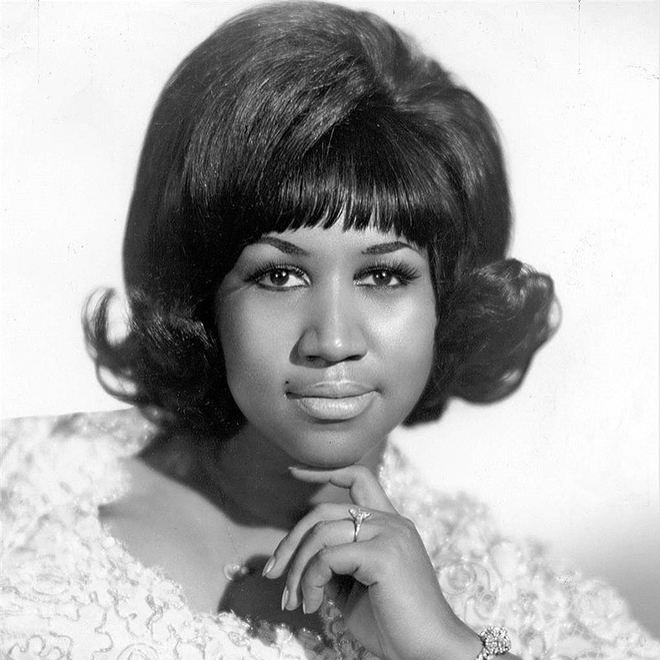






No comment